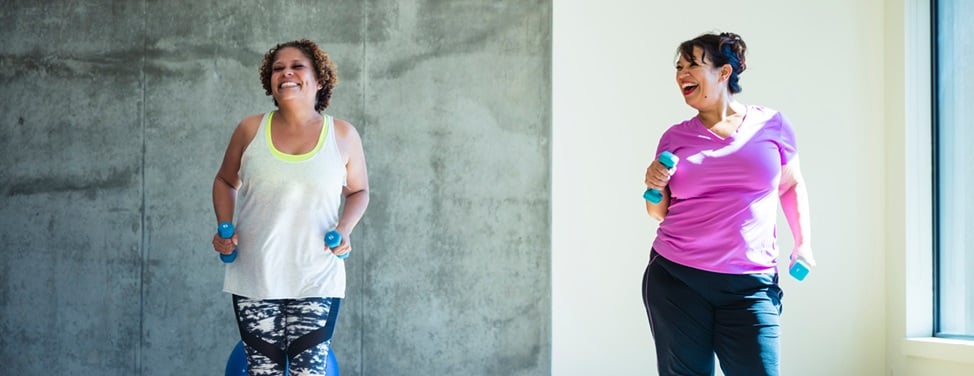
Breast Cancer Self-Care and Recovery: Nutrition
There are many questions about what to eat after a breast cancer diagnosis. There is no nutritional plan guaranteed to prevent breast cancer or to protect women with breast cancer from a recurrence. These recommendations, based on research, are designed to lower cancer risk and improve a sense of well-being.
Changing your relationship to food and eating involves a major shift in thinking, feeling and doing. The goal of this shift is to create a lifestyle change, not to temporarily lose weight on a diet.
Choosing, making and eating food with an "abundance model" includes the pleasures of delicious choices, many tastes, ample portions, not feeling limited, not counting calories and eating when hungry.
This is in contrast to the more common "deprivation model" where rules of "do not" and "should not" leave us feeling bad or guilty with unmet hunger and cravings. Cycles of stress and depression-related eating are common with this model. A shift from "I can't eat without feeling bad and guilty" to "I enjoy an abundance of healthy, delicious food" often results in a better-nourished and healthier self.
|
Recommendations |
Examples |
|
1. Lower dietary fat to between 10% to 20% of calories |
Low or nonfat foods |
|
2. Eat more plant-based protein and eat less animal-based protein |
More beans and soy |
|
3. Minimum daily servings of:
|
Whole grains
|
|
4. Drink 8 to 10 eight-ounce glasses of water a day |
Carry a water bottle |
|
5. Limit caffeine to no more than 1 to 2 cups a day |
Herbal teas |
|
6. Drink alcohol in moderation |
No more than 3 servings per week |
|
7. Limit nitrates and cured foods |
Hot dogs |
|
8. Decrease food additives |
Artificial flavors |
Note: Please discuss with us your personal goals for changes in behavior you want to make. Some changes are better made gradually and with support (for example, quitting smoking, lowering alcohol or caffeine intake).
Breast Cancer Self-Care and Recovery:
UCSF Health medical specialists have reviewed this information. It is for educational purposes only and is not intended to replace the advice of your doctor or other health care provider. We encourage you to discuss any questions or concerns you may have with your provider.















